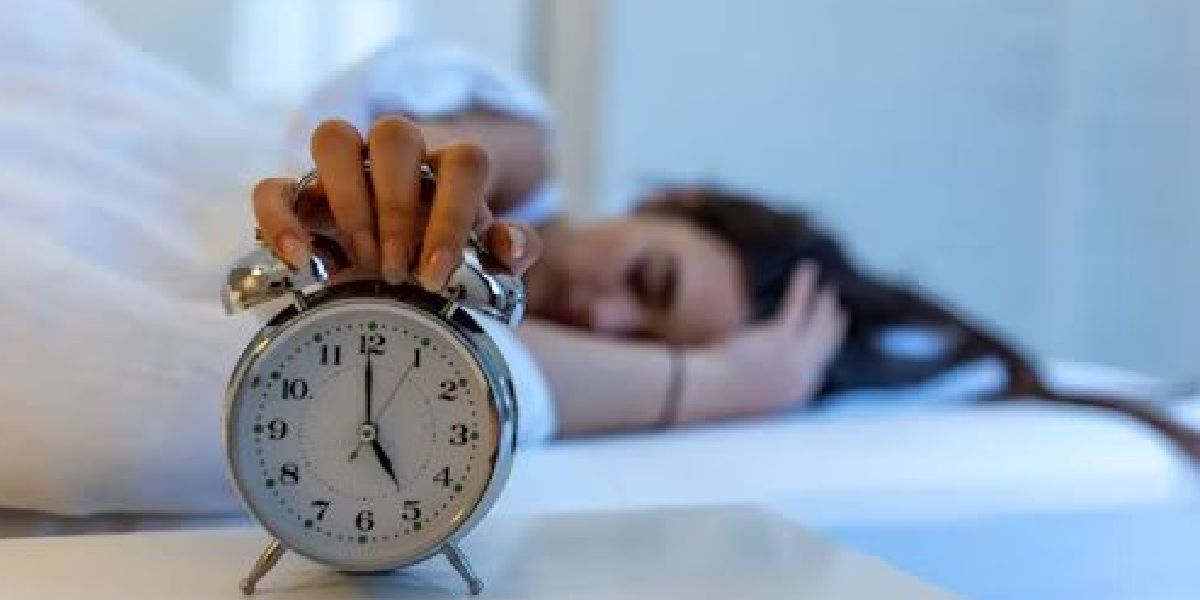Sleep Hygiene

Sleep is not a luxury—it’s a biological necessity. Just like nutrition and exercise, getting quality sleep is vital for physical health, mental clarity, emotional balance, and overall well-being. Yet, millions of people struggle to get a good night’s rest.
If you find yourself tossing and turning, or waking up tired despite going to bed early, your sleep hygiene might need an upgrade.
But what exactly is sleep hygiene, and how can it help?
🌙 What is Sleep Hygiene?
Sleep hygiene refers to a set of behavioral and environmental practices designed to promote better sleep quality and daytime alertness. It's about creating an environment and routine that aligns with your body’s natural sleep-wake cycle—also known as your circadian rhythm.
Good sleep hygiene can:
- Help you fall asleep faster
- Improve sleep quality
- Reduce night awakenings
- Boost energy and productivity the next day
🧠 Why Is Sleep Important?
According to the Centers for Disease Control and Prevention (CDC), adults need 7–9 hours of sleep per night. But it's not just about quantity—quality matters just as much.
Lack of proper sleep is linked to:
- Weakened immune system
- Increased risk of obesity, diabetes, and heart disease
- Anxiety and depression
- Reduced memory and concentration
- Lower libido and fertility issues
Quality sleep supports everything from brain function and emotional health to fertility and hormonal balance.
✅ Practical Tips for Better Sleep Hygiene
Here’s a detailed look at how you can build a sleep-friendly routine that promotes better rest every night.
🕗 1. Stick to a Consistent Sleep Schedule
Your body thrives on routine. Go to bed and wake up at the same time every day, even on weekends. Irregular sleep patterns can disrupt your internal clock, making it harder to fall asleep and wake up refreshed.
Tip: Set a wind-down alarm one hour before bedtime to remind yourself to start getting ready for sleep.
📵 2. Limit Screen Time Before Bed
Phones, tablets, and TVs emit blue light, which interferes with melatonin production—the hormone that helps you sleep.
What you can do:
- Avoid screens 1–2 hours before bed
- Use “night mode” or blue light filters in the evening
- Try reading a physical book instead
☕ 3. Avoid Caffeine and Stimulants Late in the Day
Caffeine stays in your system for 6–8 hours. Even an afternoon cup of coffee can disrupt your sleep.
Watch out for hidden caffeine sources in:
- Chocolate
- Tea
- Energy drinks
- Some pain medications
🧘 4. Create a Relaxing Bedtime Routine
A calming pre-sleep ritual signals your brain that it’s time to wind down. Some ideas include:
- Taking a warm shower
- Practicing deep breathing or meditation
- Listening to soft music or nature sounds
- Doing light stretches or yoga
🛏️ 5. Optimize Your Sleep Environment
Your bedroom should be a sleep sanctuary. Here's how to set it up:
- Darkness: Use blackout curtains or a sleep mask
- Silence: Try earplugs or white noise machines if you're sensitive to noise
- Cool temperature: 18–20°C (65–68°F) is ideal
- Comfort: Invest in a supportive mattress and breathable bedding
🥗 6. Watch What You Eat (and When)
Heavy meals, spicy food, or too much fluid before bed can interfere with sleep.
Tips:
- Avoid eating 2–3 hours before bedtime
- Limit alcohol and sugar in the evening
- Try sleep-promoting snacks like bananas, almonds, or chamomile tea
🚫 7. Reserve Your Bed for Sleep (and Intimacy Only)
Avoid working, watching TV, or scrolling on your phone in bed. This conditions your brain to associate the bed with rest and relaxation, not stress or stimulation.
🚶 8. Stay Active—But Not Too Late
Regular physical activity helps you fall asleep faster and sleep more deeply. But try to finish your workouts at least 3 hours before bedtime.
Even a 30-minute daily walk can make a noticeable difference.
🌞 9. Get Sunlight During the Day
Natural light exposure helps regulate your circadian rhythm. Aim for at least 30 minutes of sunlight in the morning, especially if you work indoors.
🧠 10. Manage Stress and Anxiety
One of the biggest enemies of sleep is an overactive mind. Stress causes cortisol levels to rise, making it harder to relax.
Healthy stress-busters include:
- Journaling before bed
- Practicing mindfulness
- Talking to a therapist
- Getting help from wellness centers and mental health professionals
🌟 When to Seek Help
If you’ve tried all of the above and still struggle with sleep, you may be dealing with a sleep disorder such as:
- Insomnia
- Sleep apnea
- Restless leg syndrome
Consulting a sleep specialist or wellness clinic can help identify the root cause. For those dealing with infertility or hormonal issues, poor sleep may be part of a larger health picture. Trusted healthcare providers like Vardhan Fertility Center can guide you through comprehensive lifestyle and medical solutions tailored to your health goals.
🛌 Final Thoughts
Good sleep doesn’t just happen—it’s built. By making intentional changes to your environment and daily habits, you can create the perfect setting for better sleep every night. Whether your goals are mental clarity, physical health, or improved fertility, sleep is your silent superpower.
So tonight, dim the lights, turn off the screen, and drift into the kind of rest your body truly deserves.

Traditional vs. Modern Lifestyle: Understanding the Shift

Eat Well, Live Well: Nutrition Basics for a Better You







-1745569762.jpg)
-1745569762.jpg)
-1745569769.jpg)
-1745569771.jpg)